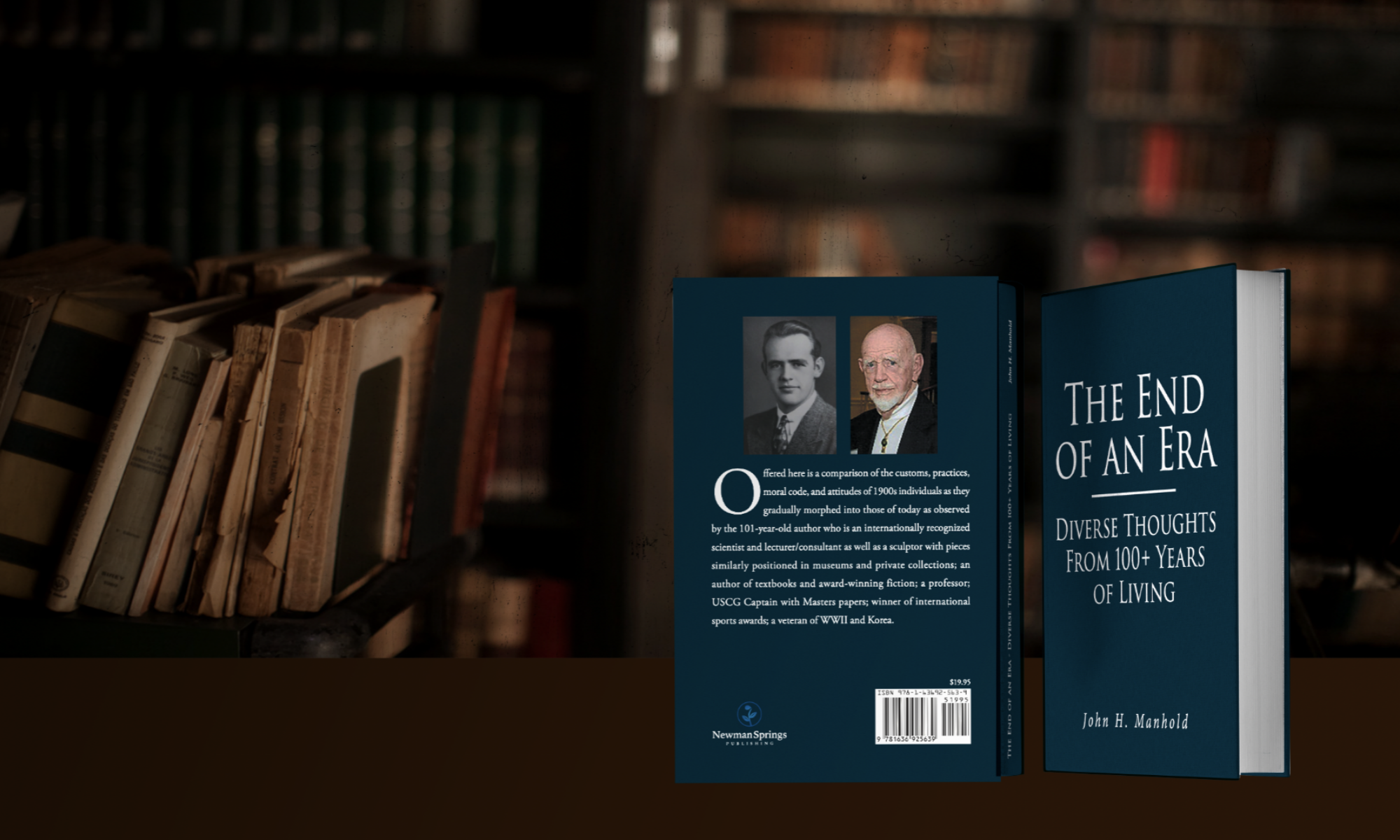Debussy’s Slippers First Edition ASIN: B08FJ3NQLS published, copyright and written by Steve Exeter,
After a quote by George Gershwin “Life is a lot like jazz…its best when you improvise.” The book unfolds as a fanciful tale based upon a large section of the lives of George the composer, and his slightly older lyricist brother Ira during the period of their immense popularity in writing musicals for American Theatre during the Jazz period. The plot centers on George’s laissez-faire attitude in writing music, interest in the opposite sex and abundance of use of alcoholic beverages plus his basic but unrevealed feelings of inadequacy with respect to composing music that would survive with the likes of the grand masters of old. As a result, he journeys to Paris to attempt to be mentored by Maurice Ravel, at the time considered the best in France. The story gradually evolves into a distinct confrontational relationship between the two whose diametrically opposite manners of composing became increasingly apparent and lead to a sad experience for them both, each reaching a higher level of performance while performing on the other’s turf.
Discussion: The well-known British author has set forth a fascinating biography about the Gershwin brothers who were unrivaled in American theater during the Jazz era. A pair that offered Broadway Musicals in abundance, scores for major films, opera, orchestral works and a couple of piano preludes. He then extends his story to include Maurice Ravel, internationally regarded as France’s greatest living composer (along with the older Claude Debussy) who developed a style featuring clarity and incorporating several forms, even jazz, into his repertoire. His “Bolero” probably is his most remembered work. The contrasting manner in which the two virtuosos work – Ravel, a slow, painstaking worker – Gershwin with his tendency toward ‘letting it happen’ – and the interaction between two personal ‘egos’ and the resulting confusion developed within Gershwin’s psyche, makes an intriguing psychological presentation that only adds to the picture provided for music lovers. Amusingly perhaps, the introduction of Debussy’s slippers and their fanciful involvement add an interesting thought as well as providing a psychological ‘prop’.
Regrettably from this reader’s perspective however, a serious caveat must be offered because of implications that may be inferred with respect to George’s death. Actually, he passed away from the failure of removal of a brain tumor. The inference, at least garnered by this reader, was that alcoholism and George’s ‘freewheeling life-style’ were the main cause of his death. While certainly most possibly a contributing factor, it seems unfair to allocate his demise to this feature. Additionally and although opportunities for ‘loose’ sexual arrangements certainly were plentiful, direct accusations as presented would seem to be a little ‘out-of-line’.
3* 5* fanciful Gershwin biography for most readers; regrettably -2* as described.
